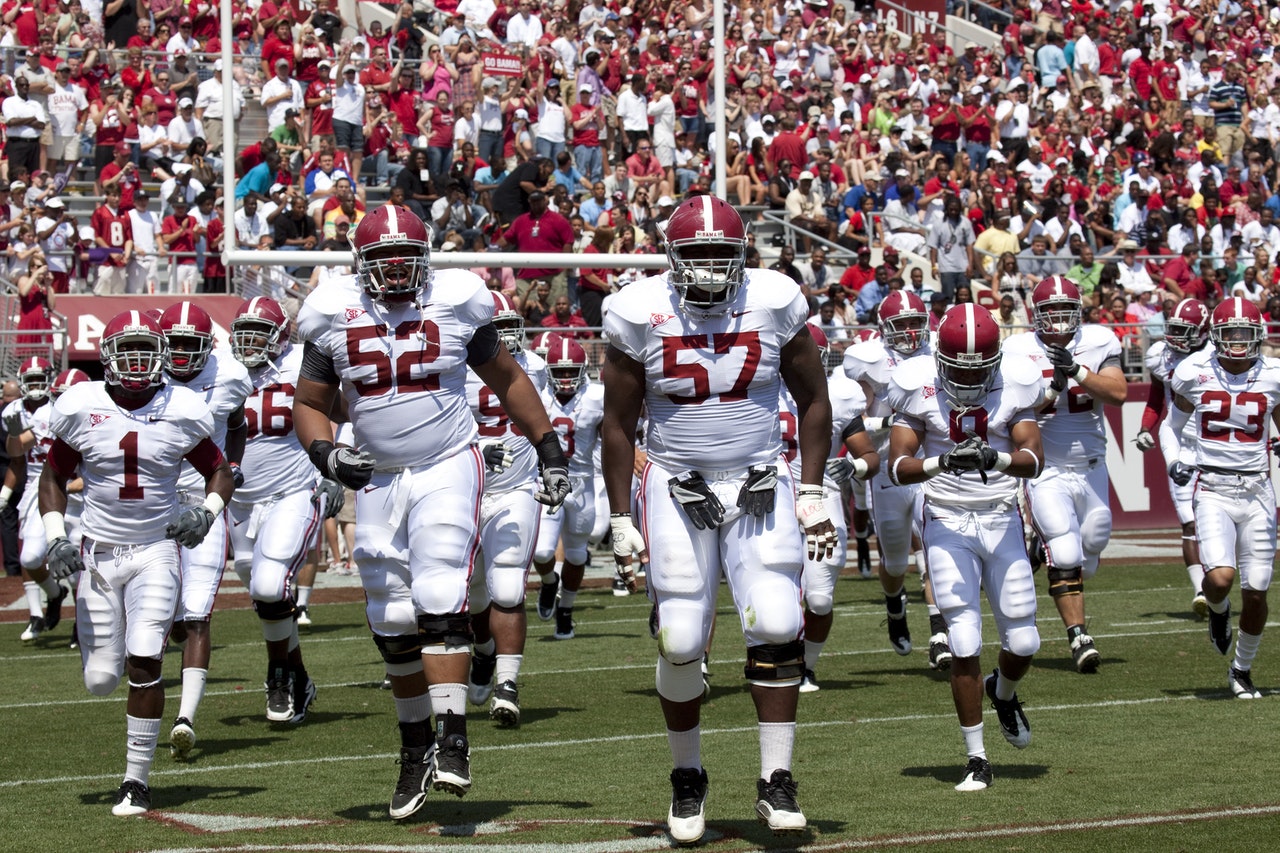Question Over NCAA Compensation Makes Its Way To Supreme Court
December 18, 2020
written on behalf of Feigenbaum Law
The compensation of college athletes in the United States has been a controversial topic that has picked up steam over the last few years. Just this week it was reported that the U.S. Supreme Court will hear a petition from the National Collegiate Athletic Association (NCAA) arguing that the organization should be able to continue to restrict athlete compensation. The appeal stems from a lower court decision that ruled in favour of athlete compensation.
How are college athletes compensated today?
Despite the massive profits made off marquee sports at the college level, athletes who participate in sports ranging from football to fencing cannot be compensated with anything more than an educational scholarship.
The debate about whether this is fair is an old one. On one side, people point out that colleges and the NCAA earn significant financial benefits from the work and effort of college athletes. In addition, student-athletes have expenses at school, and scholarships covering tuition, housing, and food don’t necessarily meet all the financial needs of every student, particularly those from lower-income families. Additionally, many athletes (even at the elite college level) will never become professionals in their sport due to the limited opportunities and intense competition at the professional level. The fact remains that the majority of college athletes will never make money playing professionally, leaving their college athletic careers as their sole opportunity to capitalize on their talents.
On the other side, those opposed to paying athletes argue that it would be a huge expense for educational institutions and organizations such as the NCAA. While sports such as football and basketball benefit from massive fan followings and are regularly aired on television, there are dozens of other, more niche, sports and thousands of athletes competing in them. These less profitable sports would not have the ability to pay their players the same way a football or basketball program would.
How did we get here?
A story published on ESPN explains that this is the first time the U.S. Supreme Court has ruled on an issue involving the NCAA since 1984 when a decision changed the way college football games could be broadcast on television. That ruling opened the door to what has become a billion-dollar industry with television rights and sponsorship income.
How did things get to where they are now? The appeal comes from a decision from May in which the 9th US Circuit Court of Appeals upheld a lower court’s decision that said the NCAA could not put a cap on compensation offered specifically to Division 1 college football and basketball players. However, the decision did state that any compensation had to be tied to education. However, the decision created an overall lack of clarity on how compensation would work specifically and those watching hope the Supreme Court can provide more direction.
In the meantime, the NCAA said it is working on a plan to allow athletes to be compensated for the use of their names, likenesses, and images. This could see athletes getting paid if they play on television, or if jerseys and other items associated with them are sold, a major step forward in the rights of student-athletes to share in the profits they have long helped earn for the organizations they serve.
At Feigenbaum Law, we are keeping an eye on how this case develops and will be sure to check back in with our readers when a decision is issued, which is expected to be in June 2021.
Our team of professionals offers a full range of services to clients in the sports and entertainment industries including agents and coaches, especially as it relates to cross-border matters and financial arrangements. We take a personal approach with our clients, understanding and meeting their unique needs. Contact us online, or call us at (416) 777-8433 or toll-free at (877) 275-4792 to learn more about how we can help.





